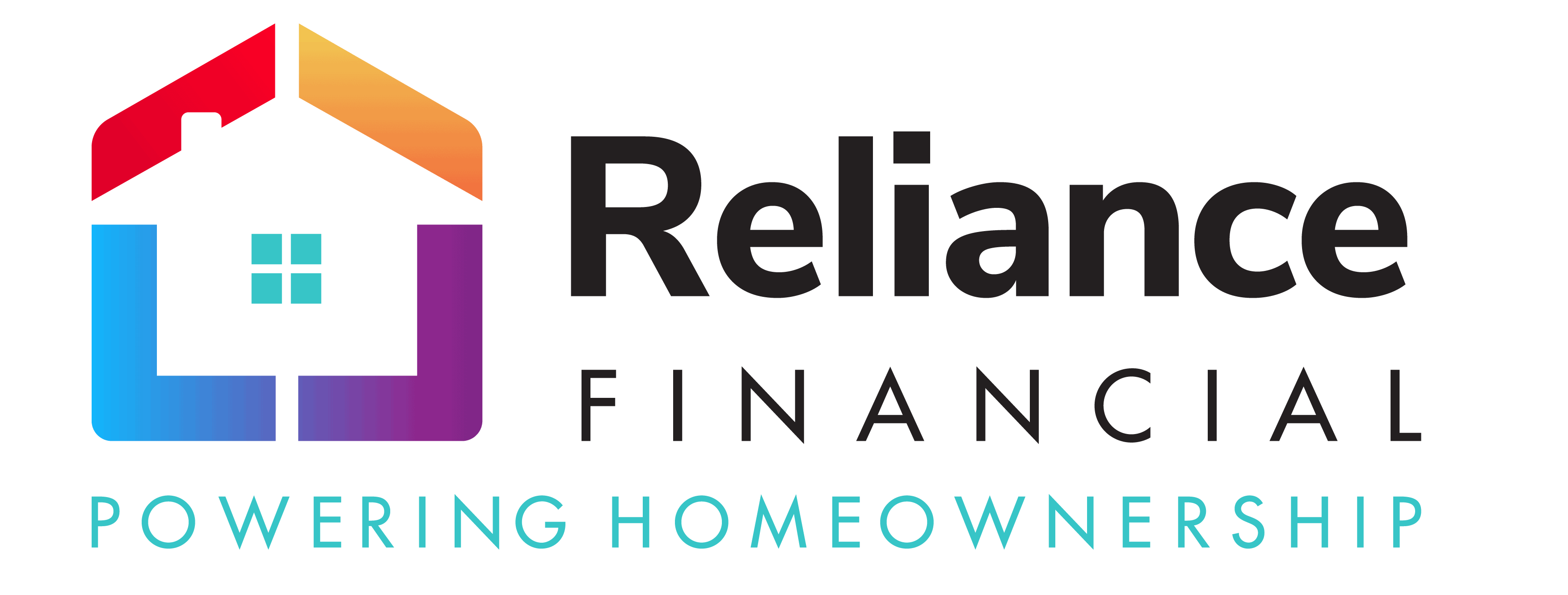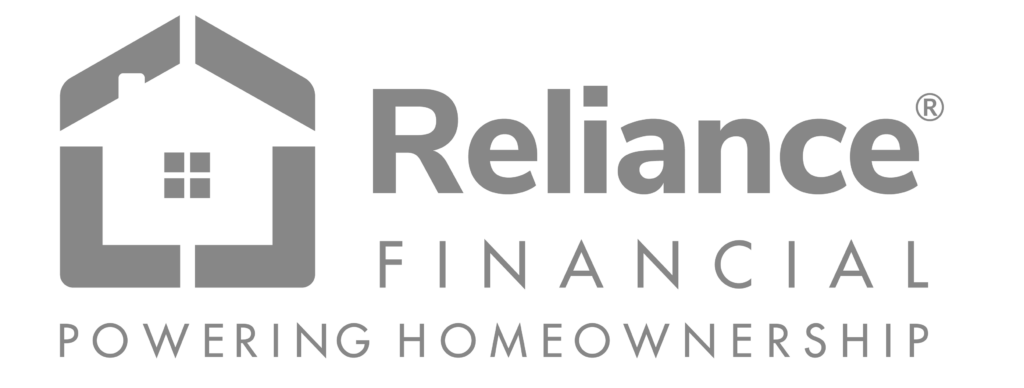The cost of borrowing money for a house purchase through a loan is determined by mortgage interest rates, which are expressed as a percentage of the total loan. Home interest rates are a vital consideration for borrowers when estimating the cost of future mortgage payments. Buyers go through a lot of hoops when applying for a mortgage to buy a property or manage their finances. As a result, this guide will educate you on key elements of mortgage services and current mortgage rates in Austin TX.
Calculate Mortgage Interest Rates For Austin TX Using Mortgage Calculator
Lets Know About Austin
Austin is bordered by lakes and rivers, notably the Colorado River, and is situated in the Central Texas Hill Country. The city, which ranks as the 11th most populous in the nation, serves as the state capital. Keep Austin Weird, Live Music Capital of the World, and Silicon Hills are just a few of the well-deserved labels given to Austin’s economy, which is as diverse as its inhabitants. Numerous high-tech businesses, including Apple, Amazon, and PayPal, are based in Austin. The technology, biotechnology, and pharmaceutical sectors are important economic drivers in Austin.
Future Aspects In Austin
External variables including inflation, the U.S Federal Reserve, your lender’s particular fees, and other economic developments have a significant impact on mortgage rates. Together, these monetary factors create market norms and standardize current mortgage rates so that lenders can adhere to them. Given the cyclical nature of the real estate market, many purchasers will hold off on making a house purchase until the timing is ideal.
If external economic pressure is anticipating to further drive down home mortgage rates, even consumers who can already afford a mortgage might delay making a purchase. However, currently rates are moving upwards fast. According to Forbes.com, the Federal Reserve has recently adopted a more proactive monetary policy in response to rising inflation, which has invariably resulted in higher mortgage rates. By the end of 2022, experts predict that the 30-year fixed-mortgage rate will range from 5% to 7%.
Current Mortgage Rates In Austin
The mortgage rates listed here are predicated on several assumptions and hence your exact rate, payment, and expenses may vary, based on your particular credit profile. Before selecting a loan, obtain an official loan estimate. Answer a few questions about your goals as the next step to receiving your customized rate. All statistics below are retrieved from Zillow as of July 29, 2022
- The average 30-year fixed mortgage rate in Texas currently dropped by 18 basis points, from 4.88% to 4.70%. Texas’s current mortgage rates are 17 basis points less than the 4.87% national average rate.
- The Texas mortgage interest rate for July 29, 2022 is 54 basis points lower than the Texas average rate of 5.24% from the previous week.
- The average rate for a 15-year fixed mortgage in Texas is currently 3.95%, down 15 basis points, and the average rate for a 5-year ARM is currently 4.42%, up 5 basis points.
Keeping track of the most recent rates will help you decide when it is best to move forward with your home purchase. The best mortgage rate may only be available with the right timing and planning. Even though external economic conditions strongly influence what lenders may provide, making your financial status better before applying can significantly lower interest rates.
You can rely on Reliance Financial for the most accurate and up-to-date information. By calling the lending team at Reliance Financial you may learn more about the finest mortgage program that would meet your needsand the current mortgage rates in Austin.
Negotiate Your Discount Points
Discount points, a subset of mortgage points, are one-time, up-front closing costs for mortgages that offer borrowers access to discounted interest rates for the duration of the loan. Each discount point typically costs 1% of the entire loan amount and decreases the interest rate on the loan by 1/8 to 1/4 of a percentage point. The general rule of financing is that you pay more interest on a loan the longer its life is.
Points are therefore best suited for fixed-rate, long-term loans (20 to 30 years) that are most likely not going to refinance anytime soon. You decide how many points you want to purchase. In reality, you are negotiating a lower interest rate throughout the loan rather than the points themselves. The financial institution essentially sets the terms of the points or the price of each point, as well as how much it decreases the annual percentage rate (APR).
They might match it if you’ve looked around and found a better offer elsewhere, especially if you have a good credit history and come across as a trustworthy, attractive customer.
Why Choose Reliance Financial?
Reliance Financial has been ranking as one of the top mortgage lenders in Central Texas. Builders, CPAs, and realtors continue to put their trust in us due to our long history of providing excellent service in our sector. These specialists frequently offer us more complicated or nuanced deals, which we handle expertly and with confidence. We pledge to consistently:
- Prioritize your needs
- Offer some of the most affordable rates
- Close quickly—the majority of our loans do so in 30 days or less!
- Provide a variety of loan options for our clients, ensuring that we will locate the perfect loan for you
Do you want excellent service in addition to a great mortgage rate? Reliance Financial is there to fulfill your every need.
Email – sales@reliancefinancial.com
Conclusion
Your greatest financing options for buying a home in Austin will always be mortgage providers. They will offer the lowest rates, closing costs, and excellent customer service. However, they must have license to do business in Texas. Many Texas-based realtors will also have knowledge that will aid you in navigating the marketplace. In Austin, the home purchase financing and refinancing procedures are comparable to those you might encounter in other states. You should consider the fact that the property tax rates in various cities will vary when purchasing a home. Therefore, spend some time researching the mortgage provider you want to work with.
Frequently Asked Questions About Mortgage Rates In Austin
Q1: Which mortgage rate is ideal?
Your financial situation, the mortgage loan option you choose, and the lender you pick will affect your mortgage interest rate. Once you decide on the style of mortgage loan arrangement, you will easily find the ideal mortgage rates. More broadly, the timing of your decision to enter the housing market will affect the lowest mortgage rate. The cost of taking out a mortgage fluctuates frequently. So does altering the prospects and borrowing limitations for borrowers on an annual basis.
Q2: How Should I Evaluate Austin Mortgage Rates?
After you submit a mortgage application, banks must need to offer you a loan estimate. On the third page of the loan estimate, there is a comparative section. The annual percentage rate (APR), combines initial fees with subsequent monthly fees to get a rate.
You can compare the APR offered by different lenders to pick the one that is the lowest..
Q3: What is a Variable-Rate Mortgage?
A fixed-rate mortgage is distinct from a variable-rate mortgage, also known as an adjustable-rate mortgage. A fixed-rate mortgage has a constant interest rate, but a variable-rate mortgage does not. As a result of the changing interest rate on your mortgage, your monthly payments will no longer be the same.
The initial interest rate on an adjustable mortgage will be lower than the market rate when compared to a similar fixed-rate loan. The interest rate will be Steady for a specific amount of time. The interest rate on your loan will adjust to reflect current market rates when the fixed period is over.








